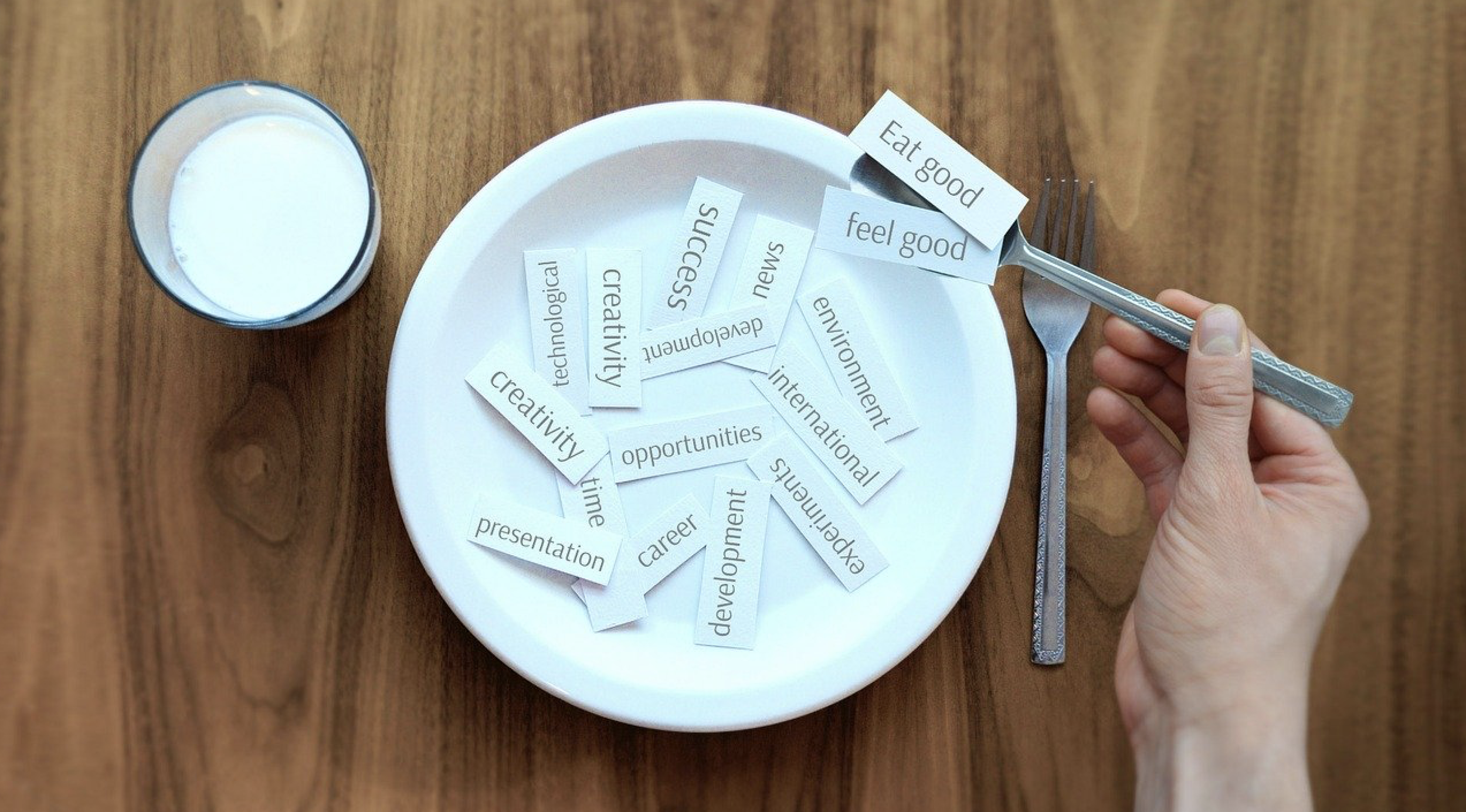Am I Hungry? Three Ways to Overcome Emotional Eating
In this rapidly changing world we live in we are likely to experience heightened anxiety. Whether you are working from home, not working at all or carrying on with life as normal, these uncertain times can be a trigger for us, and we may turn to food for a sense of comfort and control.
Do you find yourself staring at the fridge or opening and closing it constantly? Do you find yourself eating as a form of relief from stress? Maybe you’re hungry, but instead turn towards comfort food rather than the leftovers you packed for lunch. Whatever this looks like for you, emotional eating is something that many of us have (and will) experience.
This article will provide you with three useful tips to take back control of your eating, and support you during these difficult times.
Firstly, we should differentiate between true physical hunger and emotional hunger:
Physical hunger - where you are actually hungry, it comes on gradually and generally doesn't discriminate between foods (once you eat an appropriate amount of food, you will be satisfied).
Emotional hunger - this is almost like an urgent hunger, you feel the need to eat right away and you will often have the urge to eat certain types of foods (in particular, comfort foods or foods that you may associate with being unhealthy).
Here are our top tips to tackle emotional eating:
Tip 1: Practice mindful eating
Why not take 5 minutes to stop and think before diving into the block of chocolate. Think to yourself am I actually hungry, am I tired, am I feeling down? Think about what type of hunger you might be experiencing. This is all about learning how to manage your emotions without turning to food.
Practicing mindful eating is one way to help refocus our attention on the eating occasion, involve all 5 senses and eliminate restrictions. We can work towards improving our relationship with food, and ultimately prevent turning to food in times of stress and anxiety. Headspace has some fantastic information and resources to get you started. Be kind to yourself and patient with this process, developing skills in eating mindfully takes time and practice. If you are feeling overwhelmed or frustrated with this and would benefit from extra support please reach out. Click here to read A Dietitian Guide to Mindful Eating
Tip 2: Indulge without overdoing it
We live in a largely connected world and with the abundance of information on social media and the internet, we may begin to think we should live and eat a certain way. Healthy eating does NOT mean perfect eating - in fact, there is no such thing as perfect eating. Indulging in those foods we love is a healthy part of life, not just for our physical wellbeing, but also our mental wellbeing.
You don't need to feel deprived and you don't need to ‘resist’ the urge to enjoy foods that are otherwise considered ‘naughty’. Depriving yourself will only mean one thing - when you get your hands on that delicious food, you’ll likely feel a stronger drive to over consume it. So don’t be too harsh on yourself, try to find that balance and cut back on the restriction.
Tip 3: Support yourself in other ways
In order to prevent running to the kitchen every time we feel stressed, we can focus on redirecting our attention, and supporting ourselves with healthy lifestyle habits and self-care. This may be slightly more difficult than usual, given the current climate, however even in isolation we can still engage in self-care.
Some suggestions:
Move your body - go for a walk in the fresh air, do an at-home yoga class or just stretch
Prioritise sleep
Call a friend or family member
Take a bath
Meditate or practice mindfulness
Journal and write down your feelings
Engage in positive self-talk








